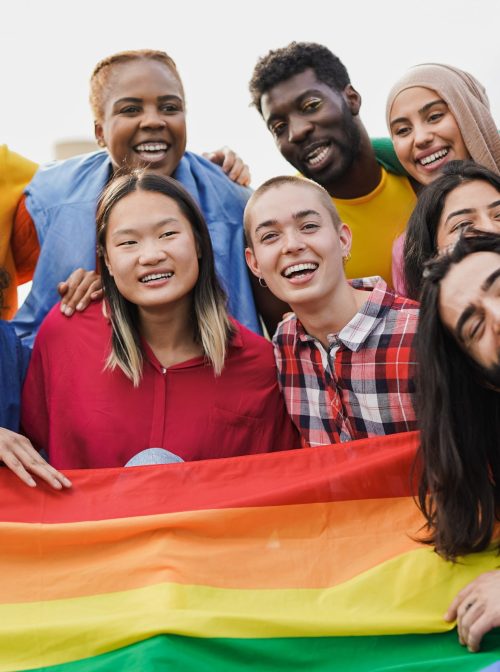This Pride Month, IA’s Racial Equity team hosted a conversation on Interfaith and Pride, discussing how faith spaces can be more inclusive of LGBTQ+ & BIPOC individuals and communities.
As part of the introductions, cohosts Alexis Vaughan of Interfaith America and Henry Goldschmidt of the Interfaith Center of New York asked the panelists to reflect on what freedom means to them. The five panelists answered those questions thoughtfully, personally, and effectively.
Panelists included Lama Rod Owens, Buddhist minister and activist; Rev. Don Abram, Founder of Pride in the Pews; Tahil Sharma, Regional Coordinator for North America at the United Religions Initiative; Tanisha Esperanza, Social Science Specialist in the VA Suicide Prevention Office, and a Diversity Consultant with CAMS-Care; and Allen Morris, Policy Director at National LGBTQ Task Force.
As we begin July with the celebration of the Fourth of July, we think about the freedoms individuals do and do not experience in the United States and take a moment to reflect on what freedom means to you and your community.
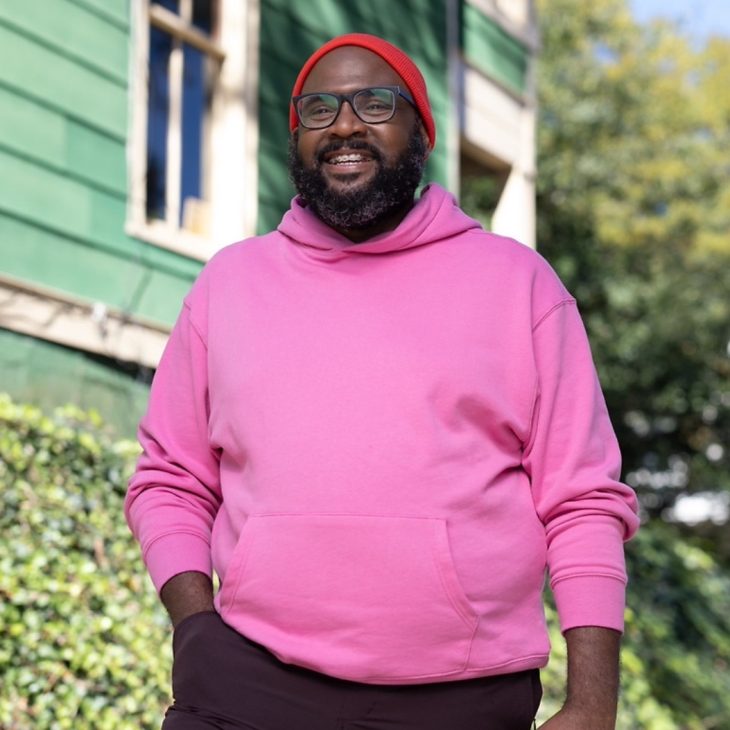
Lama Rod Owens
For me, freedom is having access to all the resources that I need to be happy, to be safe, to have everything that I need to experience health, to have a deep belonging to community, and to essentially experience happiness, and living in the world, having agency to do what I need to do in order to take care of myself and those around me. Freedom’s about agency for me.
And that’s social freedom. For me, it’s having this agency to have the resources. I need to be well and for my community to be well. But ultimately freedom is really about remembering who I am, remembering that I am an expression of the divine, of something sacred. In a certain language, we may call it an expression of God. In my tradition, we say that we are Buddhist, which means that we are expressions of emptiness and space and energy, you know which for me is the heart of authentic love and care as well. So I’m trying to do both. I’m trying to establish or to embody social freedom, as I am also embodying ultimate freedom as well, and to do those together in the world.
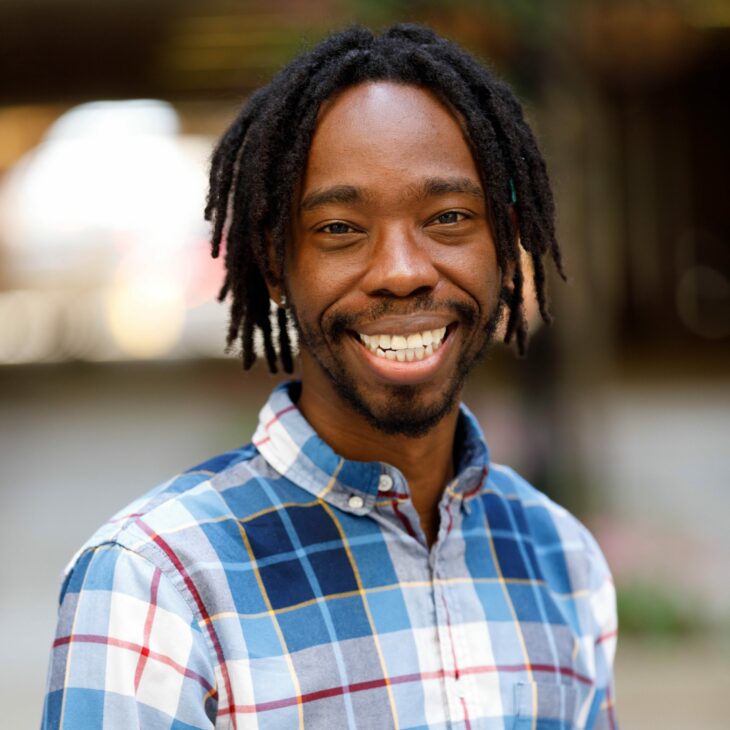
Rev. Don Abram
I’d say when I thought of the question particularly around freedom. The first thing that came to mind for me was a song by Nina Simone entitled, “I Wish I Knew How It Would Feel to Be Free”. And there’s this phenomenal line in it where she says, “I would soar to the sky and look down at the sea.” And that just moves me because freedom ultimately is the ability to embody the fullness of who I am without apology, without restriction. And the ability, as Lama Rod said, to move in the world with complete, unadulterated autonomy, deciding how I pursue joy, happiness, community and doing so with the support those whom I am walking this earth alongside. That’s what it means to be free for me.
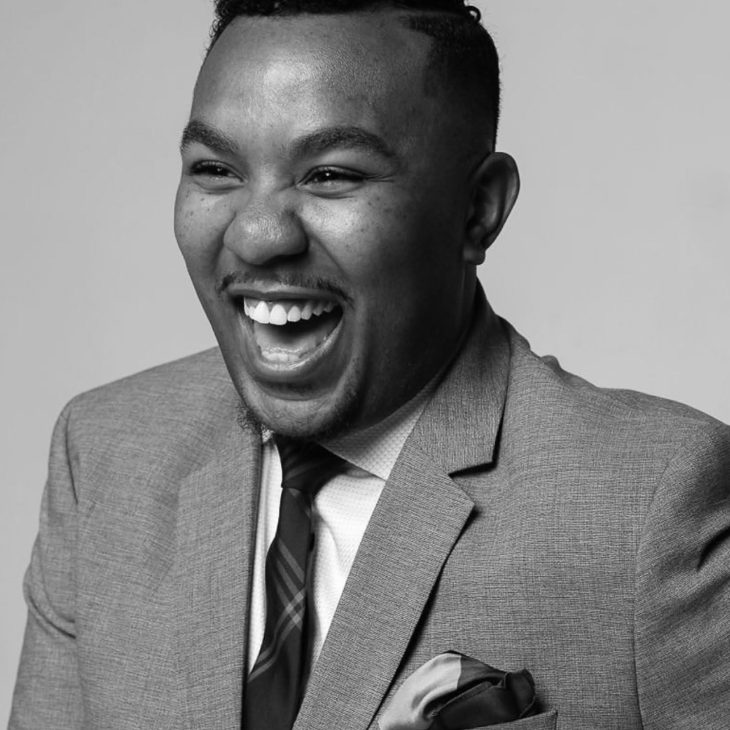
Allen Morris
What does freedom means to me – freedom is liberation. Freedom is Black trans women being able to walk down the street and not have their lives taken from them for no reason. Freedom is immigration being a Black issue, and people actually valuing that, right?
Freedom is also the level to be able to walk into a religious space and be yourself wholeheartedly without somebody trying to throw certain things that you that may not align with what you see as truth. Freedom is being able to navigate so many different spaces and being able to stomp on the level of white privilege and white supremacy in so many different spaces. And until we’re able to actually get to that point, we will continue to scream, “How can we be free?” But I also want everyone to understand that none of us is free unless all of us are free. And when we think of that, and when we see that we have to see everyone as our neighbor, we have to see everyone as a loved one, and we have to move with intention and be an agent of change.
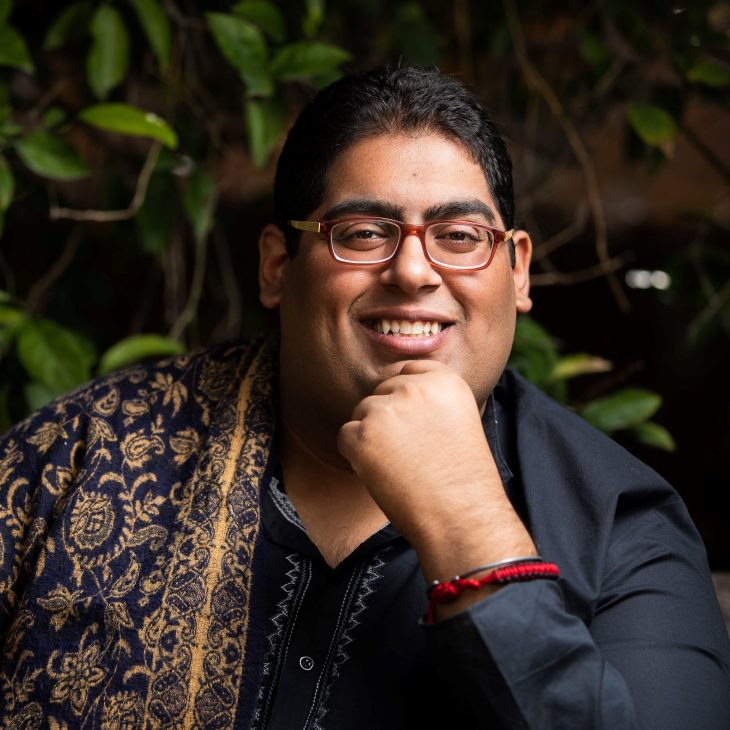
Tahil Sharma
My definition of freedom is one, being unapologetically intersectional, which means, if not all of me is free, then I am not free at all. As a part of this larger conversation about collective liberation.
And the second is also to realize that if I am going to live my life in fear of hurting other people’s sentiments because they do not know who I am, then I cannot be genuinely free. This conversation that we’re having about freedom is really about not trying to hurt people’s sentiments, but that their sentiments do not get to be expressed at the cost of my life and my livelihood.
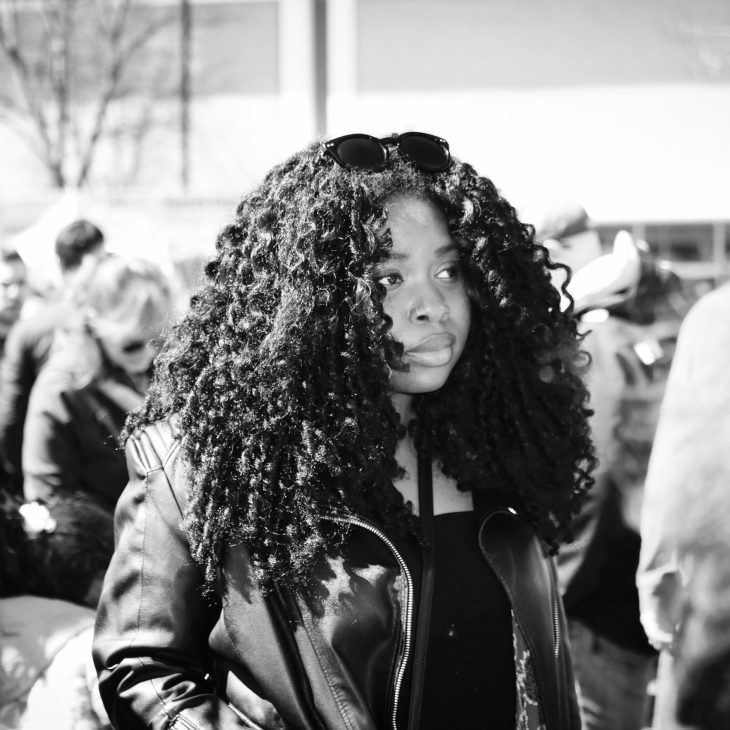
Tanisha Esperanza
Freedom is the ability to express and to live your existence without the limitations of oppression.
